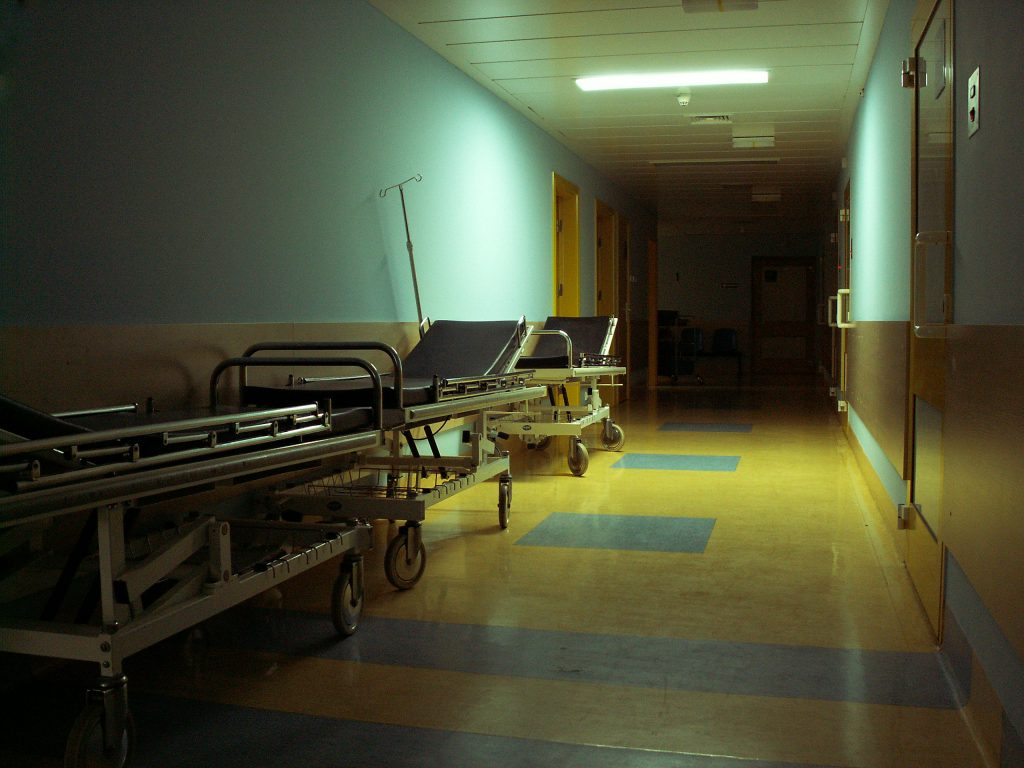
Procedures involving the heart or a patient’s heartbeat carry a high risk of injury or even death, and a pacemaker implant is no exception. Pacemaker implantation involves the risk of bleeding and/or infection. These risks carry grave consequences and therefore the doctors carrying out such procedures must follow the acceptable standards of care. However, determining what constitutes the “acceptable standard of care” can be a complicated matter wherein various courts can disagree. The following case out of Lake Charles, Louisiana shows how the best medical malpractice lawyers use of experts becomes critical to a lawsuit involving an infected heart.
In August of 2007, Mr. Clyde Snider, Jr. (“Mr. Snider”) sought treatment at the Beauregard Memorial Hospital (“Beauregard”) emergency room in DeRidder, Louisiana for shortness of breath, chest pains, dizziness, lightheadedness, and faintness. Mr. Snider’s heart rate fell dangerously low, prompting Dr. Robin Yue (“Dr. Yue”) to recommend heart catheterization and implantation of a pacemaker. Mr. Snider consented to the procedure, which was performed later that day. Bad luck continued to plague Mr. Snider as he sustained an unrelated injury to the area of his pacemaker on the day after his discharge from Beauregard. He then returned to the Beauregard emergency room that evening with various complaints. Dr. Yue was unavailable so he was left in the care of a different doctor. Six days later he was discharged.
The very next day believing his heart troubles were unresolved Mr. Snider decide to go back to the hospital. This time he went to Christus St. Patrick Hospital (“St. Patrick”), in Lake Charles, Louisiana instead of Beauregard and was admitted for treatment. The cardiologist at that hospital found symptoms of infection at the pacemaker surgical site and a decision was made to remove the pacemaker.
Snider believed that Dr. Yue was negligent in his treatment that ultimately resulted in the removal of the pacemaker. Therefore, in December of 2010, Mr. Snider and his family filed a medical malpractice lawsuit against Dr. Yue and his insurer, Medical Mutual. The Sniders argued that Dr. Yue’s failure to use reasonable care when treating Mr. Snider resulted in complications requiring further treatment and surgery.
In March of 2012 the case was tried before a jury, which ruled in favor of Dr. Yue, finding that Mr. Snider had not proved by a preponderance of the evidence that Dr. Yue breached the standard of care owed to Mr. Snider. The Snider’s appealed, asserting that Dr. Yue failed to properly obtain Mr. Snider’s informed consent to the pacemaker implantation surgery because he failed to provide all of the information required by La. R.S. 40:1299.40(E). The appeal was successful, and the Louisiana Third Circuit Court of Appeal ruled in favor of the Sniders on the issue of liability and remanded the issue to the district court to allow for a ruling on damages. The Third Circuit held that the jury verdict was manifestly erroneous, which means that the juries decision was against the great weight of the evidence or clearly wrong, in failing to find Dr. Yue’s actions fell below the standard of care. See Snider v. Louisiana Medical Mut. Ins. Co., 13-0579 (La. 12/10/13), 130 So. 3d 922. Now it was the defendants turn to appeal. Believing that the court of appeal’s decision was wrong, Dr. Yue then sought review of that decision in the Louisiana Supreme Court.
The Louisiana Supreme Court reversed the court of appeal judgment, stating that the court of appeal failed to apply a manifest error standard of review to the jury’s factual finding that informed consent was given in this case. A manifest error standard of review is reviewing the entire record of a case to determine whether a jury’s finding of fact is “clearly wrong.” The reviewing court must determine whether the jury’s conclusion was a reasonable one.
The Louisiana Supreme Court reviewed the expert medical testimony to determine whether Dr. Yue’s decision to implant the pacemaker was within the appropriate standard of care. The defense expert, Dr. Freddy Michel Abi-Samra (“Dr. Abi-Samra”), testified that Mr. Snider’s condition was in the Class II category in the “Indications for Permanent Cardiac Pacing,” which permits implantation of a pacemaker. The plaintiff’s expert, Dr. Turner, stated that although he personally would not have implanted a pacemaker, the guidelines for a pacemaker implantation were met in this case and some cardiologists would have implanted a pacemaker. The Louisiana Supreme Court indicated that the jury was faced with differing opinions and they chose to accept the testimony of the defense expert, which led to the conclusion that Dr. Yue did not breach his standard of care to Mr. Snider. The Louisiana Supreme Court stated that the jury’s conclusion was not manifestly erroneous and reversed the judgment of the court of appeal. Therefore, the Louisiana Supreme Court found that the jury was not manifestly erroneous in failing to find that Dr. Yue’s actions fell below the acceptable standard of care.
This case shows the complexities that occur in medical malpractice lawsuits. Mr. Snider’s case was lost in the trial court, that decision was overturned by the appeals court, and finally the appeals court ruling was then overturned by the Louisiana Supreme Court. This is why you must chose a top medical malpractice attorney when pursuing these complicated cases.
Additional Sources: CLYDE SNIDER, JR., ET UX VERSUS LOUISIANA MEDICAL MUTUAL INSURANCE COMPANY, ET AL.
Written by Berniard Law Firm Blog Writer: Bethany Breaux
Additional Berniard Law Firm Articles on Medical Malpractice Standards: Jefferson Parish Medical Malpractice Lawsuit Discusses The Concept of Informed Consent
 Louisiana Personal Injury Lawyer Blog
Louisiana Personal Injury Lawyer Blog

